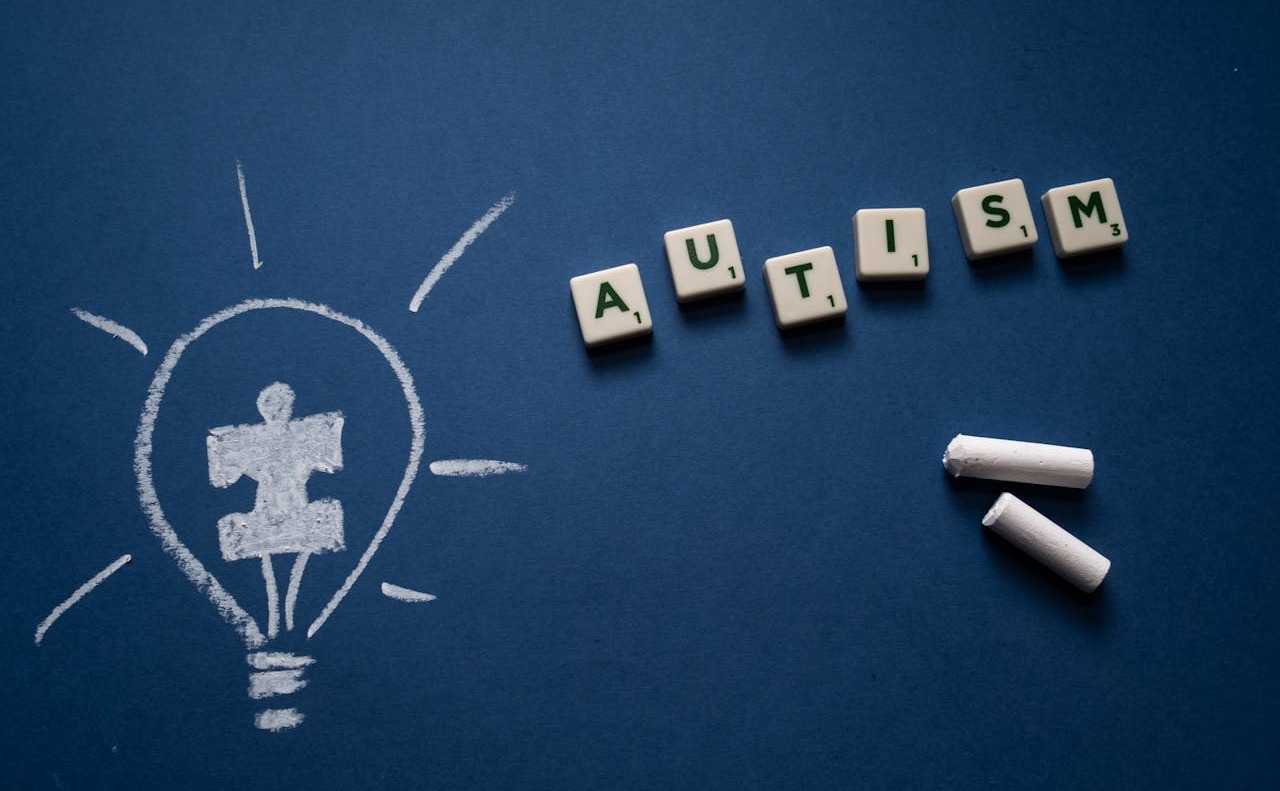Cardinal Pediatric Therapies
Blog
Now Trending




ABA Clinics Should Be Ran by BCBAs, Here’s Why

What Is Parent Training for Autism and How Can It Help Your Child?

Sensory Activities for Preschoolers with Autism
Preschoolers on the autism spectrum often experience the world through a unique sensory lens. Some individuals may be susceptible to certain sounds, textures, or lights. In contrast, others may actively seek sensory input through actions like jumping, spinning, or repeatedly touching objects. These sensory processing differences are common in autism.

Therapeutic Activities for Autism
Children on the autism spectrum experience the world in unique ways. For many families, finding meaningful ways to support communication, sensory regulation, behavior, and independence can feel overwhelming. Fortunately, therapeutic activities provide a structured, engaging, and developmentally appropriate way to help children with autism grow and thrive. At Cardinal Pediatric

How to Explain Autism to Siblings
When one child in a family is diagnosed with autism, it can affect the entire household, especially siblings. Brothers and sisters may have questions, frustrations, or even feelings of confusion about what autism means and how it impacts their daily lives. Parents often find themselves wondering how to explain autism

What is the Best Age to Start ABA Therapy?
For parents of children showing signs of autism or developmental delays, early questions can feel overwhelming. One of the most common and important questions is this: What is the best age to start ABA therapy? Applied Behavior Analysis (ABA) therapy is considered the gold standard for helping children on the

What Are the 5 Main Symptoms of Autism?
Understanding autism spectrum disorder (ASD) starts with recognizing the signs. For parents and caregivers, knowing what to look for can be the first step toward early support, intervention, and hope. At Cardinal Pediatric Therapies, we specialize in helping children develop communication, social, and daily living skills through customized ABA therapy

Best Autism Schools in Phoenix
Finding the right learning environment for a child with autism can feel overwhelming, especially in a city as large and diverse as Phoenix. Parents searching for the best autism schools want more than academic achievement. They’re looking for a setting that nurtures growth, supports individual learning styles, and provides compassionate,

It’s one of the most difficult and emotional questions a parent can ask: Does my child have autism? You may have noticed that your child isn’t hitting developmental milestones at the same time as their peers. Perhaps they’re having trouble communicating, avoid eye contact, or prefer playing alone. While these

Sleep is a vital part of every child’s development, but for many families raising children with autism, restful nights can be hard to come by. Even when sleep routines are well-established, there may be times when those routines suddenly stop working. If your child was once sleeping through the night

Selecting the right toys for children with autism can significantly enhance their developmental progress, engagement, and comfort. Sensory toys specifically cater to the unique sensory needs common among autistic children, providing therapeutic benefits that support their growth and well-being. At Cardinal Pediatric Therapies, we understand the importance of selecting appropriate

How to Get an Autism Evaluation?
Suspecting your child might have autism can be overwhelming. Getting an autism evaluation is the crucial first step toward clarity and support. Autism evaluations involve comprehensive assessments by professionals to identify developmental delays or signs of Autism Spectrum Disorder (ASD). Early identification is vital, as timely interventions can significantly improve

Navigating autism as a parent can be one of the most emotionally complex and demanding journeys a family may face. From navigating a diagnosis to finding the right therapies and support systems, the process often feels overwhelming, but you are not alone.

The Benefits of Positive Reinforcement in ABA Therapy
Positive reinforcement is a cornerstone of Applied Behavior Analysis (ABA) therapy, fostering positive behaviors through rewards.

In the realm of Applied Behavior Analysis (ABA), various techniques are employed to help individuals learn and develop new skills, behaviors, and routines.

Information Exchange Techniques: Social Stories in ABA
Communication is a fundamental skill that shapes how we understand and interact with the world around us.

Self-Management Techniques for Children with Autism: Fostering Independence
Empowering children with autism to become more independent is a goal shared by parents, caregivers, and educators.

Tips for Getting your Child with Autism Ready for the School Year
The back-to-school season can be an exciting yet challenging time for children and parents alike. For families with a child on the autism spectrum, the transition can bring unique considerations and preparations.

Task Analysis in ABA: Breaking Down Complex Skills into Manageable Steps for Children with Autism
Children with autism often face challenges in learning and mastering various skills that are essential for their development.

Exploring the Role of Parents in ABA Therapy
Applied Behavior Analysis (ABA) therapy is a powerful and evidence-based intervention that has proven to be highly effective in supporting individuals with autism spectrum disorder (ASD).

The Use of ABA Therapy in School Settings
Applied Behavior Analysis (ABA) is a well-established and evidence-based approach that has proven to be highly effective in supporting individuals with autism spectrum disorder (ASD).

Center-Based ABA Therapy: What are the Benefits?
Applied Behavior Analysis (ABA) therapy is widely recognized as an effective treatment for children with autism spectrum disorder (ASD).











